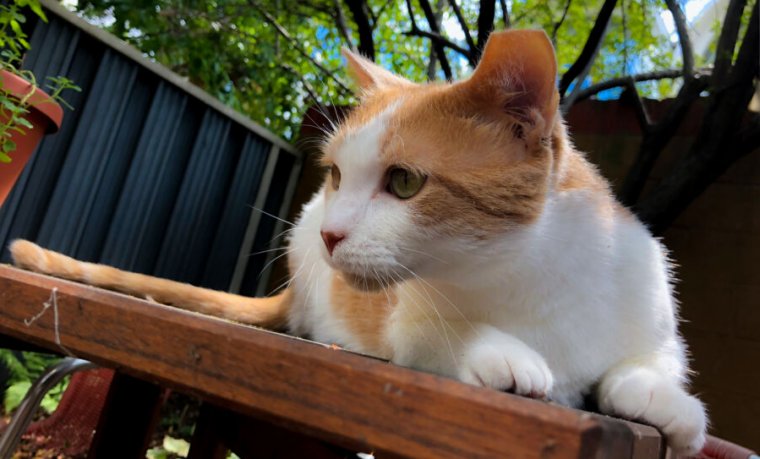Coronavirus and cats: Do you need to social-distance from Fluffy?

Enlarge / Nigel appears unconcerned about catching coronavirus, probably because he isn't allowed to go beyond his garden without a human escort. (credit: Jonathan Gitlin)
Domestic cats can catch the SARS-CoV-2 coronavirus, and when kept in very close proximity, they can infect other cats. That's the finding of a letter published in this week's New England Journal of Medicine. In the study, conducted by a team of virologists led by Professor Yoshihiro Kawaoka at the University of Wisconsin, three young domestic cats were infected with the SARS-CoV-2 virus, and one day later each was then kept in close proximity to an uninfected cat. Within five days, all three of the previously uninfected cats also tested positive for the virus.
This isn't the first report of feline infection with SARS-CoV-2. In early April, a Chinese study published in Science found that ferrets (which are used in research into respiratory diseases) and cats-but not dogs, pigs, chickens, or ducks-could be infected with the novel coronavirus, and cats could become infected via airborne transmission. A week later, the US Centers for Disease Control and Prevention confirmed two cases of pet cats that tested positive for SARS-CoV-2. And by late April, eight big cats at the Bronx Zoo (a mix of tigers and lions) had also become infected.
It's hard to get an exact count of pet cats in the US and whether they do or don't outnumber pet dogs. Even if felines are only the second-most popular American pet, this news will surely raise some pulses. But there's plenty of reasons to keep calm.
Read 6 remaining paragraphs | Comments